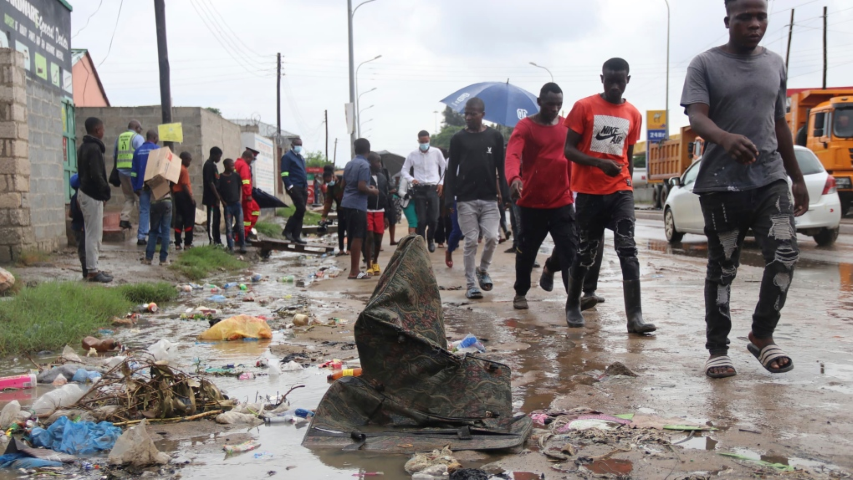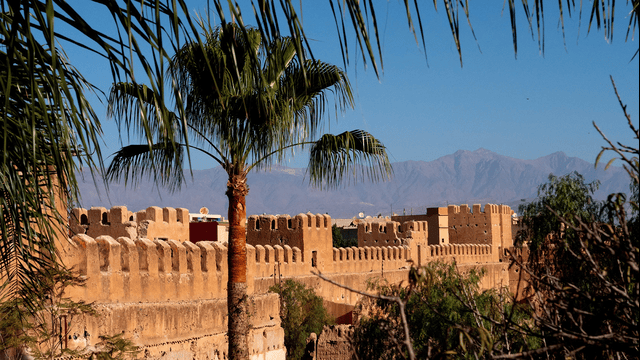
Pedestrians traverse a waterlogged street in Lusaka, Zambia, on Friday, January 12, 2024, as depicted in a photograph by the Associated Press.
Lusaka, Zambia - Zambia is grappling with a significant cholera outbreak, claiming the lives of more than 400 people and infecting over 10,000, prompting authorities to extend the closure of schools nationwide following the year-end holidays. In response to the crisis, a major soccer stadium in the capital city has been repurposed into a treatment facility.
The Zambian government has launched a large-scale vaccination initiative and is supplying clean water, amounting to 2.4 million litres daily, to affected communities nationwide. The National Disaster Management Agency has been activated to address the escalating situation.
Cholera, an acute diarrheal infection caused by bacteria, typically spreads through contaminated food or water and is closely linked to poverty and inadequate access to clean water. The outbreak in Zambia commenced in October, resulting in 412 fatalities and 10,413 recorded cases as of the latest count by the Zambia Public Health Institute on Wednesday.
The Health Ministry reports cholera cases in nearly half of the country's districts and nine out of 10 provinces, with over 400 daily cases in a nation of approximately 20 million people. Health Minister Sylvia Masebo emphasized the nationwide threat posed by the outbreak.
UNICEF expressed concern about the unusually high fatality rate of around 4%, compared to the typical death rate of less than 1% when cholera is treated. Southern African nations, including Malawi, Mozambique, and Zimbabwe, have witnessed recent cholera outbreaks, contributing to over 200,000 cases and 3,000 deaths in the region since the start of 2023.
Zambia's cholera outbreak is the worst in 20 years, with 229 victims succumbing before reaching a health facility, according to the public health institute. The bacteria's resilience to warmer weather and heavy rains and storms in Southern Africa has facilitated recent outbreaks.
Last year, the World Health Organization highlighted climate change as a contributing factor to the upsurge in cholera globally since 2021, intensifying storms and increasing their frequency. The Zambian government has taken measures to address the crisis, postponing the reopening of schools until January 29 and urging parents to utilize education programs on public TV and radio.
The Disaster Management and Mitigation Unit delivers water tanks and daily truckloads of clean water to affected neighbourhoods. The majority of cases are concentrated in the capital, Lusaka, where a national soccer stadium has been transformed into a treatment centre, accommodating around 500 patients simultaneously.
Zambia has received 1.4 million doses of the oral cholera vaccine from the WHO, with additional doses expected. Health officials, including Minister Masebo, publicly received the vaccine to encourage widespread vaccination. However, global health experts warn of a vaccine shortage, mainly affecting impoverished nations, which may persist until 2025, as reported by the Vaccines Alliance Gavi.















